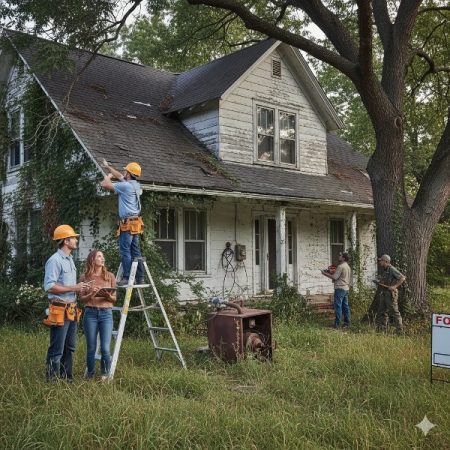More and more people see acquiring property in Dubai as an opportunity to start a new life. Indeed, owning real estate in Dubai permits you to stay for a prolonged time and, potentially, citizenship. That’s quite the option considering that in the Expat City Ranking Dubai scores the third highest, meaning that the quality of living here is at an impressive level.
In their turn, investors regard purchasing property in Dubai as a profitable decision. Average property prices have increased by 10.9% over the past year, indicating how rapidly the housing market is growing. At a certain point in time, the real estate market will be saturated enough, but as of 2022, property in Dubai is an absolutely reasonable investment option.
Unfortunately, first-time buyers often have difficulty purchasing property in Dubai. The process of acquiring real estate here is complex, and it may even seem unrealistic to complete it successfully. Even if you use the help of specialists, you still need to understand the purchase-related procedures yourself. Let’s learn more about buying apartments in Dubai as a non-resident.
Buyer Selects Property
Naturally, you start with determining the type of property you are interested in. Foreign buyers often stick to apartments located in complexes with communal leisure facilities, which is convenient. Some of the most popular choices are Emaar Towers, Jumeirah Gardens, International City, and Al Hamra Village. Remember that there are some areas in which non-residents are not allowed to buy property.
Searching online may greatly advance you in finding the perfect apartment. You may do some market research yourself or apply for the help of real estate agencies. In fact, you cannot go without the participation of agents in Dubai because of the local legislation that obligates you to make the deal through a licensed intermediary. The same is true for most other cities all around the world, so this requirement is actually not a big deal.
You need to be careful with choosing a reputable real estate agency that would help you buy apartments in Dubai. Some agents may not be properly registered according to Dubai law. Make sure the company you choose has a good reputation and plenty of properties in the area of your interest.
Contract of Sale
Once the real estate option is found, you should proceed with formulating a contract with the seller. In Dubai, you may either pay cash or apply for a mortgage. Here are real-estate contract conditions that every agreement must have:
- Financing terms. This point includes mortgage conditions, if necessary, interest rates, and whether the scenarios fall within the terms of existing debt and credit score. The cost of the real estate, monthly payment, and other aspects are specified in the contract.
- Specific closing costs. Escrow fees, title insurance, recording fees, and other specific expenses are usually paid by the buyer. Sometimes, a half-and-half scenario can be negotiated.
- Home inspection. You should always conduct a home inspection to detect any flaws in the home’s condition. It’s done with the home inspector who would examine the property and help formulate home inspection clauses for your contract, if necessary.
- Fixtures and appliances. If you want some furniture to be purchased or left in the home after its selling, you should negotiate and specify any additions in the contract. Overwise, don’t be surprised to see bare rooms without any furniture.
- Closing date. The time frame for completing the transaction normally ranges from 30 to 60 days. It also covers the seller’s need to leave the home prior to your settlement. The closing date and issues that may affect the time frame should be written in the contract.
You should not worry about formulating the contract. You may apply for the services of a third-party lawyer, but real estate agents usually have qualified employees capable of drawing up contracts on the basis of standard forms. The deposit from the buyer is also retained safely by the real estate agent until the registration of the transaction with the Land department.
No Objection Certificate (NOC)
In the next step, the developer of the property must issue permission to sell the property. The procedure is known as the application for a No Objection Certificate (NOC). It’s necessary to register the transaction in the Dubai Land Department. The developer will issue the form only if there are no outstanding service charges concerning the property, such as the seller’s debt to the developer. The cost of NOC is AED 500 or about $136, and it’s valid for six months from the date of issuance.
Real Estate Registration
In this last legal step, you meet the seller at the Land Department office to make the transfer effective. You should have the following documents ready:
- A cheque for the amount paid to the seller
- Original ID documents of both buyer and seller
- The NOC
- Signed Memorandum of Understanding (MOU) — the agreement between the buyer and the seller that finalizes the deal.
Once the procedure is completed successfully, you will have a new title deed issued in your name, and you’ll officially become a property owner in the city of Dubai.






